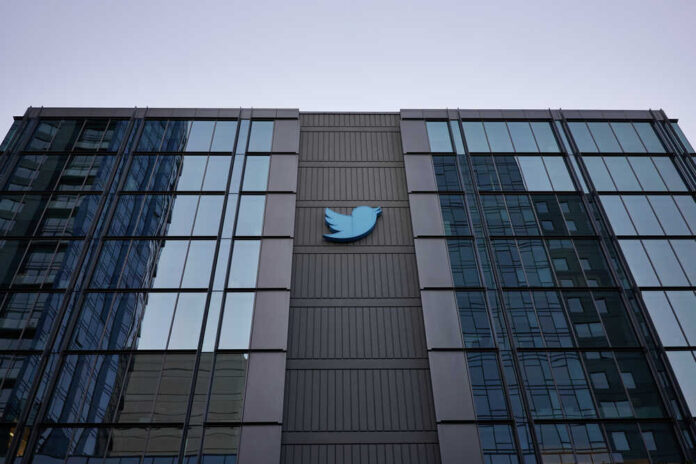
Since acquiring Twitter last year, billionaire Elon Musk has implemented a range of policy changes that have appealed to many users, particularly conservatives who believed the platform was previously biased against their political viewpoints.
At the same time, his bold moves and experimentation have turned off other once-loyal users who have fled the site for one of the many rivals currently jockeying for the position as the top Twitter alternative.
Musk seems determined to create a platform that will offer something for everyone, though, as evidenced by a slate of new features that Twitter has either already introduced or plans to offer in the near future.
One of the most successful additions to the platform since Musk’s takeover has been the “community notes” feature that essentially allows users to fact-check tweets — and the most helpful replies are prominently displayed beneath posts to provide additional context.
In addition to merely clarifying or correcting tweets from public figures and organizations, the feature can also be applied to ads that users believe include misleading claims.
The goal is to make this platform maximum truth-seeking or, said another way, the least untrue compared to everything else
— Elon Musk (@elonmusk) April 30, 2023
Last month, Musk introduced another widespread feature that allows users to directly charge followers a subscription fee for premium or exclusive content. For the first year, Twitter will not take any fees from such transactions.
Of course, Twitter’s rivals are also touting their own unique strategies for setting themselves apart from the crowd.
The most notable recent example is Bluesky, which was launched by Twitter co-founder Jack Dorsey and, at least on the surface, bears a striking resemblance to its more well-known alternative.
Bluesky has gained significant attention in part because of the exclusivity surrounding its registration process. In order to sign up for an account, users must receive an invitation from an existing member.
The platform also touts itself as a “decentralized” option in line with Dorsey’s previous statement that his “biggest regret” in starting Twitter was that it “became a company.”
In the end, many of Musk’s fans and critics alike seem optimistic that a variety of options will give social media users more freedom over where they choose to share information.
As University at Buffalo School of Law professor Mark Bartholomew explained: “Social media platforms have features that users dislike but they still feel like they must accept them to just be in the online space where everyone else is.”




























